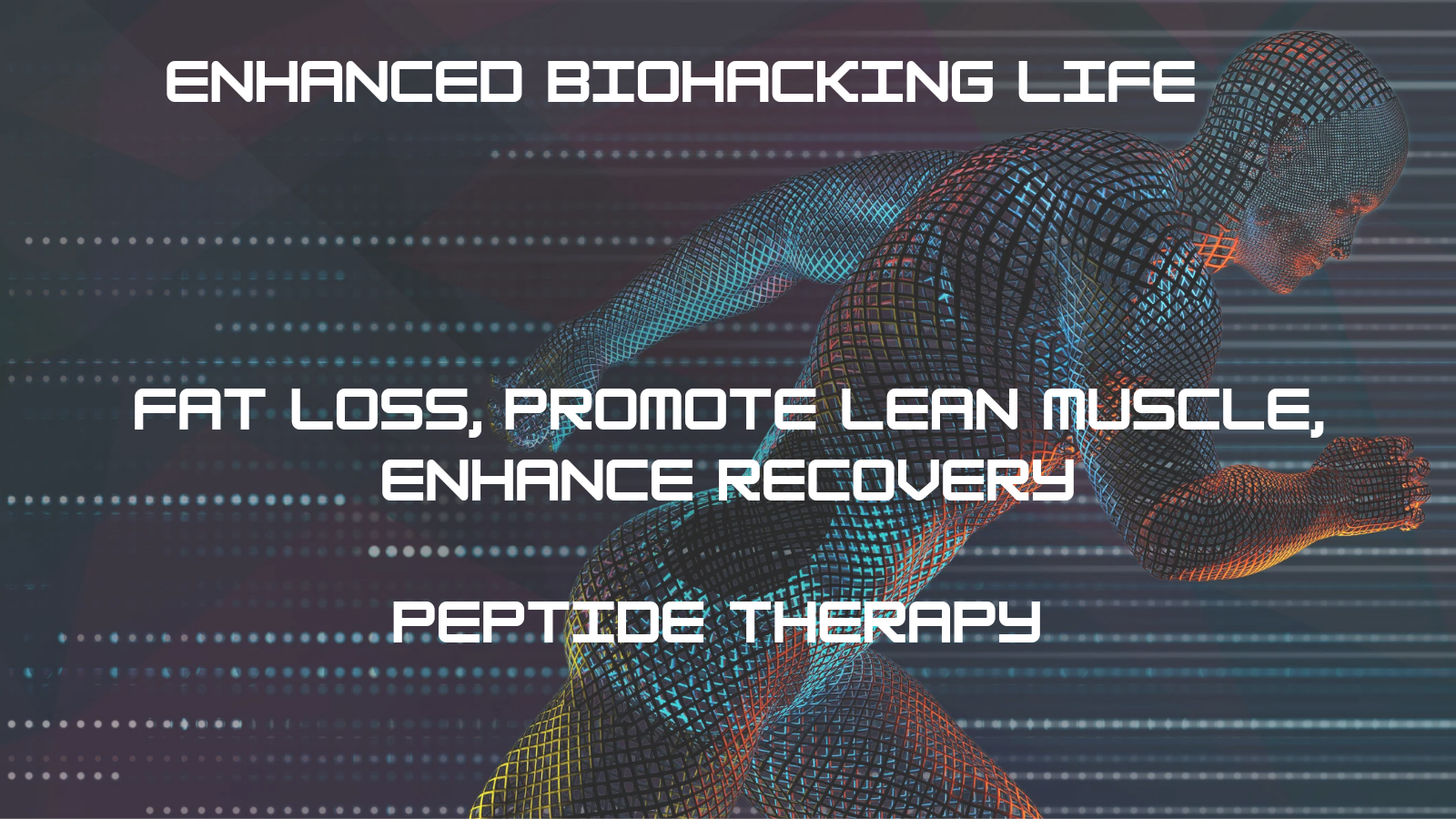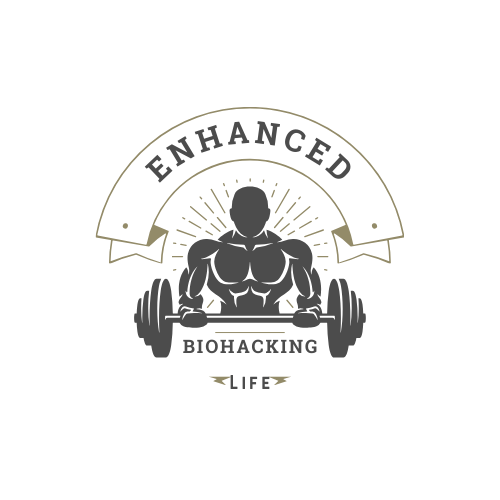Peptides Then and Now
June 19, 2024 | by Enhanced Biohacking Life

The History of Peptide Therapy in Human Performance
Peptide therapy might sound like something from a sci-fi movie, but it has practical applications that have been explored for decades. Let’s dive into how peptide therapy has evolved, especially in enhancing human performance.
The Basics: What Are Peptides
Peptides are small chains of amino acids, which are the building blocks of proteins. Unlike proteins, which are larger and more complex, peptides are smaller and can be absorbed by the body more easily. This makes them intriguing candidates for various therapeutic uses.
Early Discoveries and Uses
The history of peptides in medicine goes back to the early 20th century when insulin, a peptide, was first used in 1922 to treat diabetes. This groundbreaking application highlighted the therapeutic potential of peptides.
Peptides Enter the Performance Arena
By the 1970s and 1980s, scientists began exploring how certain peptides could enhance human performance. Research intensified on how these molecules could aid in healing, recovery, and performance enhancement. Bodybuilders and athletes were some of the first to adopt peptides to speed up recovery times and boost muscle growth, thanks to their ability to promote the production of human growth hormone (HGH).
The Rise of Peptide Therapy
From the 1990s to the early 2000s, the use of peptide therapy expanded beyond the sports world. Researchers looked into peptides that could help with fat loss, improve immune function, and enhance overall well-being. Peptides like BPC-157 and TB-500 became popular for their healing properties, while others like Ipamorelin and CJC-1295 continued to be used for their performance enhancement properties.
Today’s Perspective
Today, peptide therapy is recognized not just in sports but also in lifestyle and anti-aging treatments. It’s used under strict medical supervision to ensure safety and effectiveness. The therapy is praised for its minimal side effects compared to traditional hormones and steroids.
Peptide therapy has evolved significantly from its beginnings with insulin to become a versatile tool in both medicine and human performance enhancement. As research progresses, we might just be scratching the surface of what these remarkable molecules can achieve.
Modern Applications and the Future of Peptide Therapy Peptide therapy today is recognized not just in the realms of sports and athletics but is increasingly being utilized in lifestyle and anti-aging treatments. It is administered under strict medical supervision to ensure both safety and effectiveness. One of the most appealing aspects of peptide therapy is its minimal side effects compared to traditional hormones and steroids. Broadening Horizons Modern medicine continues to explore the potential of peptides in treating a wide range of conditions, from obesity and type 2 diabetes to high blood pressure and autoimmune disorders. Scientists are also investigating the role of peptides in enhancing cognitive functions and potentially treating neurodegenerative diseases like Alzheimer’s. Personalized Medicine One of the most exciting developments in peptide therapy is its contribution to the field of personalized medicine. By tailoring peptide sequences to individual needs, researchers believe they can design treatments that are much more effective and have fewer side effects than conventional drugs. This customization is particularly promising for aging populations, who often need more nuanced care. Regulatory Landscape As the popularity of peptide therapy grows, so does the scrutiny from regulatory bodies like the FDA. The approval process for new peptides can be lengthy and rigorous, ensuring that only safe and effective therapies reach the market. This is crucial not only for patient safety but also for the advancement of the field. Looking Ahead The future of peptide therapy holds great promise. With ongoing advancements in biotechnology and genomics, the next generation of peptides could be even more potent and specific. Researchers are also exploring how these molecules can be delivered more efficiently to the body, potentially revolutionizing how we treat not only physical ailments but also mental health disorders. As we continue to unlock the potential of these powerful molecules, peptide therapy stands on the brink of transforming much of medicine, offering more personalized and effective solutions for health and longevity.
RELATED POSTS
View all


